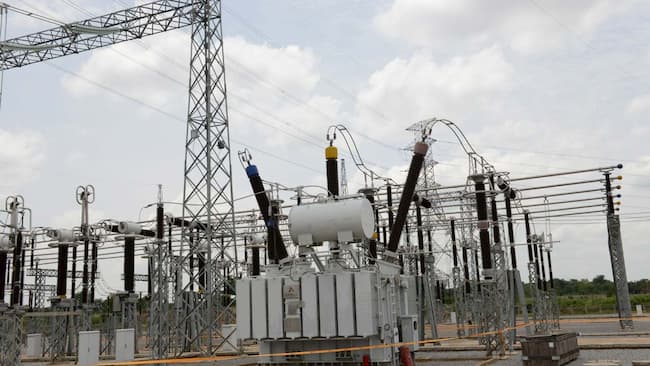The Nigerian government has faulted the report of a survey conducted by the World Bank that claimed that 78 per cent of power consumers in Nigeria get less than 12 hours of daily supply of electricity.
The Special Adviser to the President on Infrastructure, Mr. Ahmad Zakari, in a statement on Sunday queried the source of the empirical evidence used by the World Bank used to arrive at the figures, saying the banks report was inaccurate.
He emphasised that the power distribution to consumers is steadily improving and that the data published by the bank were unverifiable.
Zakari argued that empirical evidence from the Nigerian Electricity Regulatory Commission (NERC) shows that only 55 per cent of citizens connected to the grid are in tariff bands D and ,E which are less than 12 hours supply.’
He expressed surprised that the report was released without input of other critical stakeholders despite the cordial relationship his office has with the officials of the bank.
He said, “It is inaccurate to make a blanket statement that 78 per cent of Nigerians have less than 12 hours daily access. The data from NERC is that 55 per cent of citizens connected to the grid are in tariff bands D and E which are less than 12 hours supply.
READ ALSO: FG Spends $1.5bn Offsetting Power Revenue Deficit Annually – World Bank
“Those citizens are being fully subsidised to pre-September 2020 tariffs until Discos are able to improve supply. There is a N120 billion CAPEX fund from CBN for DIsCOs to improve infrastructure for these tariff classes similar to the metering programme that is ongoing.”
Zakari also faulted claims made by the bank that 58 per cent of electricity consumers in the country did not have meters to measure electricity use, stating that over 600,000 meters had been distributed to electricity consumers.
The special adviser said, “It is unclear who did this survey and what the timeframe is. All citizens that have gotten free meters report they are happy about the reform trajectory.
“To date, more than 600,000 meters have been delivered to Discos out of the one million in phase 0 with installation ongoing. Meters are sourced locally and are creating jobs in installation and manufacturing/assembly,” he added.
Zakari explained the Service Based Tariff ensured that citizens paid more only when and if they were receiving high quality of service.











